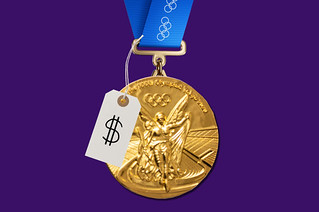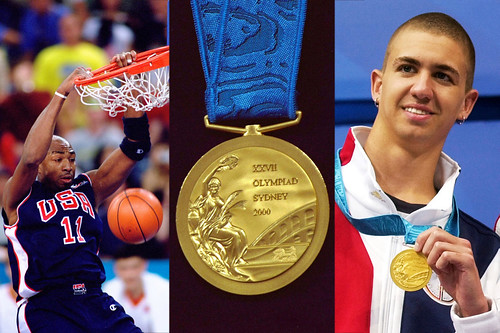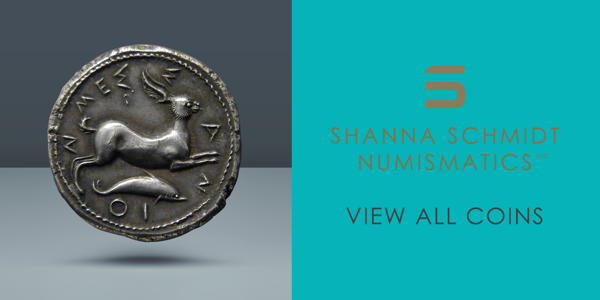
PREV ARTICLE
NEXT ARTICLE
FULL ISSUE
PREV FULL ISSUE
THE OLYMPIC MEDAL MARKETThe New York Post published a great article on the aftermarket for Olympic medals. Here's an excerpt. Be sure to see the complete article online. -Editor
After Greg Louganis captured double Olympic gold in Los Angeles in 1984 — a feat he repeated four years later in Seoul — he was acclaimed as possibly the greatest diver in history.
But
She runs an eponymous auction house in Corona del Mar, Calif., specializing in Olympic memorabilia. Several years ago, Louganis’ partner called her, explaining that the diver wanted to sell some of his medals. Louganis managed to sell his house rather than give up his gold, but it’s still shocking. While there are players’ unions for leagues such as the NFL and the NBA, it’s harder for most Olympic athletes once their competitive careers are over. Often, the medals they’ve won represent one of the few assets they can realize in their retirement.
Hoops star Vin Baker (left) let his gold go for $67,643. Fellow 2000 Olympics star swimmer Anthony Ervin (right) sold his for $17,101. Sometimes, even athletes from a high-profile sport such as basketball end up auctioning their gold medals — as has been the case with former Team USA players Vin Baker (Sydney 2000), Walter Davis (Montreal 1976) and Jerry Lucas (Rome 1960).
(The United States Olympic and Paralympic Committee [USOPC] pays athletes $37,500 for winning gold, $22,500 for silver and $15,000 for bronze.) Olympians do occasionally unload their medals in the name of charity: US swimming champion Anthony Ervin auctioned his gold, from the 2000 Sydney games, in 2004 and donated the $17,101 to India tsunami victims.
To read the complete article, see:
Wayne Homren, Editor The Numismatic Bibliomania Society is a non-profit organization promoting numismatic literature. See our web site at coinbooks.org. To submit items for publication in The E-Sylum, write to the Editor at this address: whomren@gmail.com To subscribe go to: https://my.binhost.com/lists/listinfo/esylum All Rights Reserved. NBS Home Page Contact the NBS webmaster 
|


